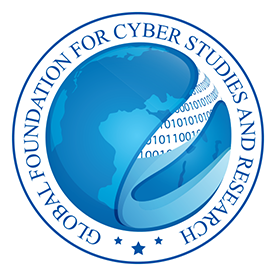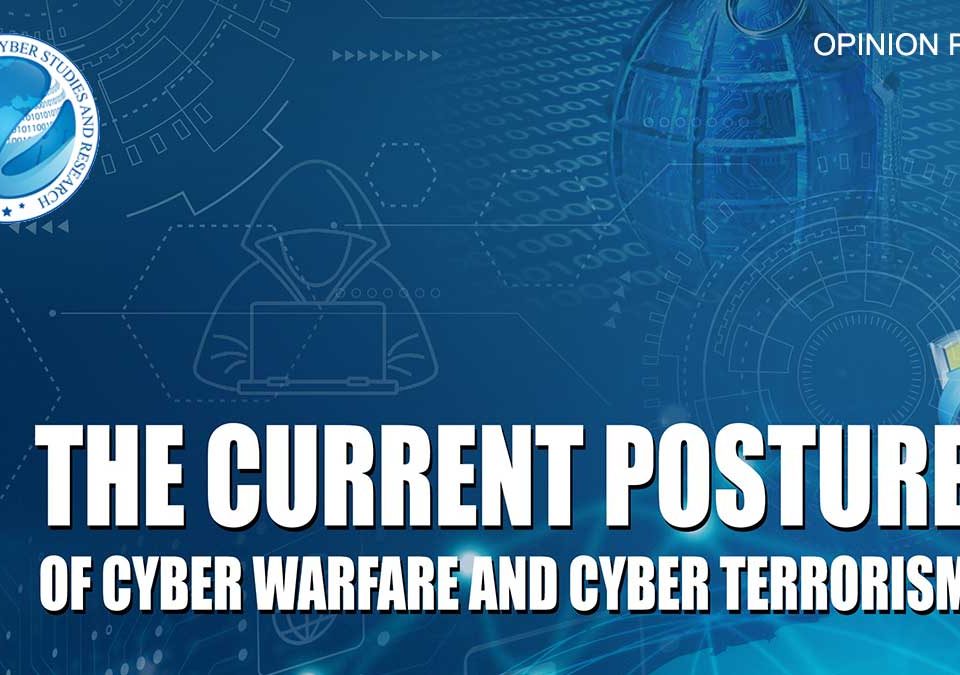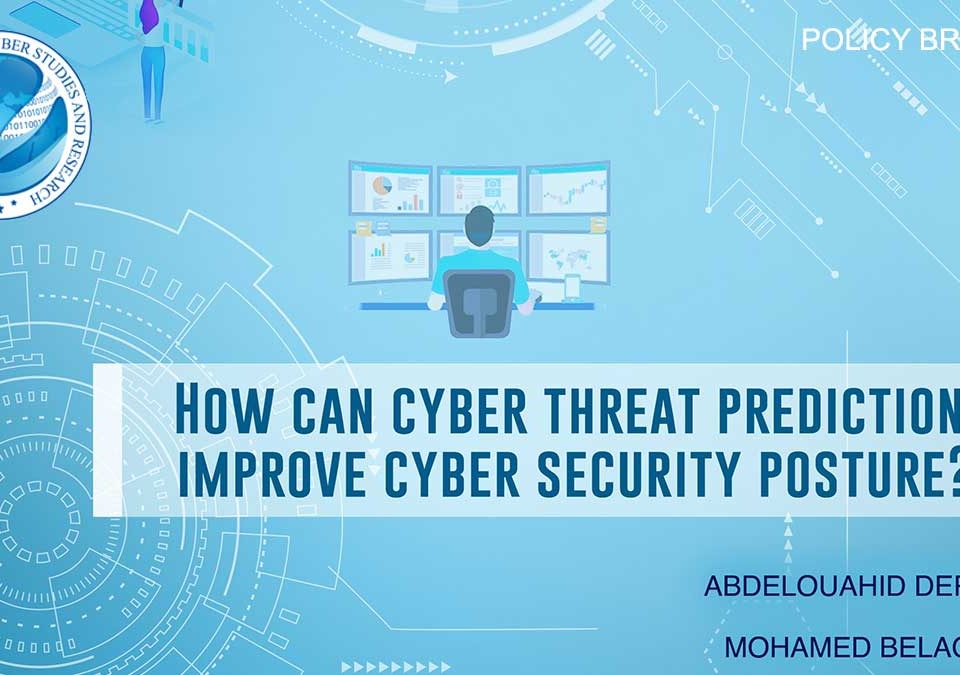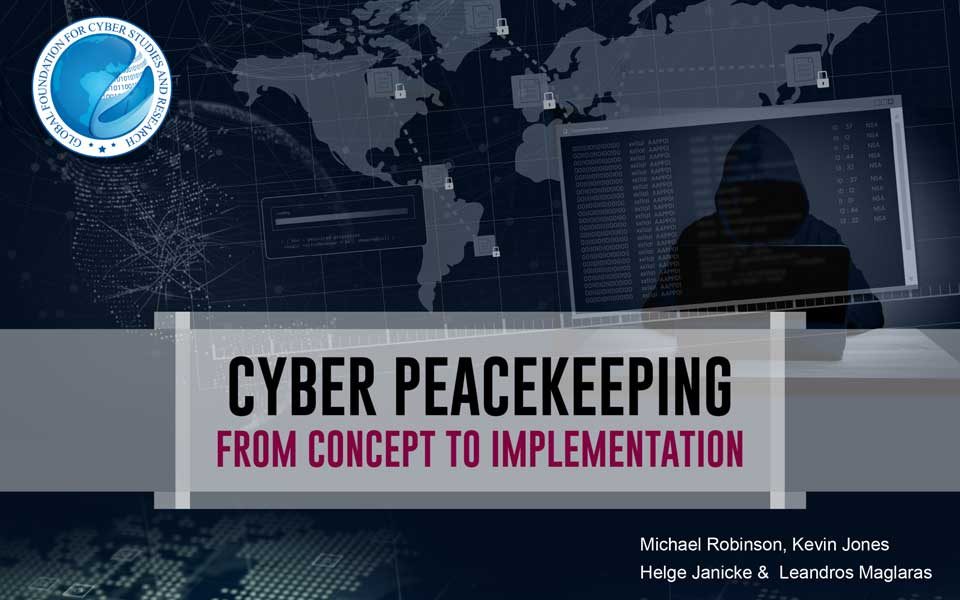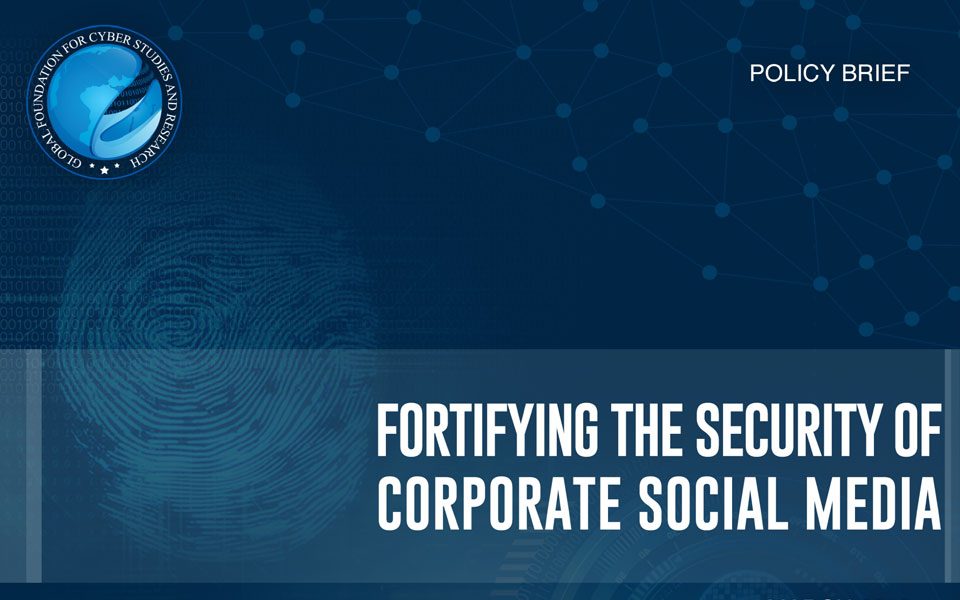
Dr. Abdelouahid Derhab
Group Chair
Team members:
- Dr. Leandros Maglaras
- Mr. Abdelbasset Zerouki
- Dr. Mohamed Belaoued
- Mrs. Maryne Dijkstra
- Mr. Henry Costa
In today’s digital connected world, ICT is indispensable for the functioning and sustainable economic growth of any nation. However, a successful cyberattack on critical services and infrastructures could negatively impact the economy and undermine national security. Thus, stakeholders have to keep a safe and resilient cyber space through appropriate strategic, legal, technical, and collaborative measures.
The resiliency of the cyber space, named also cyber resilience combines cyber security and business continuity, and involves measures at the organizational and the national level, which are capable of continuously delivering the intended outcome despite adverse cyber events. This concept helps organizations implement security controls that prepare, prevent, detect, respond and recover to the intended normal state. At the international level, a safe cyberspace is also strengthened when nations take collaborative measures to prevent cyber conflicts and preserve cyber peace.
This special interest group will tackle and discus topics related to building cyber resilience and safe nations across its governmental, economic, and industrial organizations, which includes but not limited to:
- Nation's preparedness for current and emerging cyber threats.
- Cyber risk mitigation strategies.
- Cyber resiliency strategies, frameworks, policies, and controls.
- Best practices for minimizing cyber risks.
- Critical infrastructure protection.
- Auditing cyber resiliency.
- Measuring cyber resiliency.
- Cyber resiliency policies for emerging technologies such as artificial intelligence, blockchain, cryptocurrency, and UAV.
- National and international cooperative and partnership models for safe cyber space.
- Cyber peace initiatives.
- Cyber conflict prevention and resolution.
- Cyber peacekeeping and cyber peace restoration.
Reports, Papers, Briefings
The Current Posture of Cyber Warfare and Cyber Terrorism
This opinion paper highlights about Cyber Warfare and Cyber Terrorism and outline their different types, motivation and countermeasures. The article concludes with the key findings from the literature and suggests avenues for future research efforts.How Can Cyber Threat Prediction Improve Cybersecurity Posture?
This policy brief highlights the importance of cyber threats prediction as a promising approach to improve the cybersecurity posture. It also provides recommendations for policymakers at the organizational, national, and international levels that contribute to building cyber threat prediction capabilities, and thus improving the cyber resiliency of organizations.Cyber Peacekeeping From Concept To Implementation
The upsurge of cyber warfare has ushered voluminous research to its characterization and conduct. Although this research is critical, it is imbued with significant gaps in the knowledge, especially pertaining to the restoration of peace and security in the aftermath. In this article, we introduce the concept of cyber peacekeeping with emphasis on protecting civilians and restoring peace post cyber warfare. This work outlines why cyber peacekeeping is essential, the opportunities and challenges it presents, and provide pointers to significantly related research articles. The article concludes with some of the key findings from the literature and suggests avenues for future research efforts.
